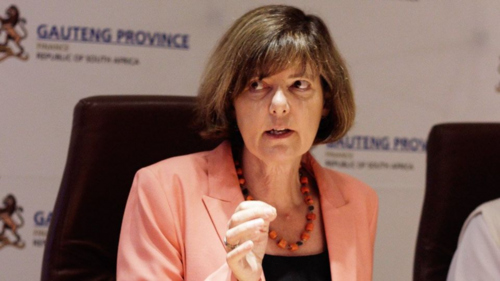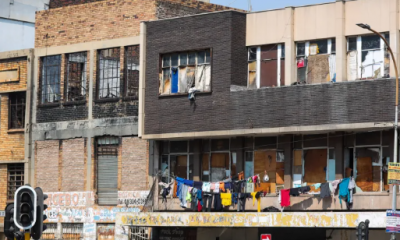News
Prioritising Climate-Resilient Infrastructure Investment

Barbara Creecy, the Minister of Forestry, Fisheries, and the Environment, has issued a compelling call to action for leaders across the African continent. She urges them to swiftly implement measures to fortify Africa’s infrastructure investments against the formidable challenges posed by climate change as reported by SA News.
Also Read: Woman Arrested for Fatal Stabbing of Boyfriend in Greenfields
Speaking in Nairobi, Kenya, at the Africa Climate Summit, Creecy emphasised the urgent need to integrate considerations of climate change impacts into infrastructure planning and development. She warned that neglecting these concerns could lead to future infrastructure designs that prove inadequate, costly, or even impossible to adapt to changing climate conditions, affecting current and future generations.
Creecy pointed out that the consequences of climate change will manifest during the anticipated lifespan of planned and upcoming infrastructure projects over the next decade. In light of this, she stressed the importance of prioritising climate-resilient infrastructure planning and retrofitting existing infrastructure to mitigate risks. She highlighted that climate change could undermine these investments’ economic and developmental benefits if decisive action is not taken.
Additionally, Creecy expressed concern over the declining delivery of public climate finance to developing nations. She noted that developed countries still need to catch up to the goal to mobilise US$100 billion per year by 2020, and the goal to double adaptation finance by 2025 remains largely aspirational.
Given the estimated annual infrastructure financing needs in the range of US$130 to US$170 billion, according to the African Development Bank, Creecy called for immediate measures to enhance the resilience of Africa’s infrastructure investments. She emphasised that this should be a primary focus for decision-makers.
The Global Commission on Adaptation has estimated that climate change could result in an annual loss of 2% to 4% of the continent’s GDP by 2040. Another report commissioned by the COP27 President highlights potential future losses and damages as high as US$150–300 billion by 2030.
Creecy emphasised that the current state of public climate finance flows is insufficient and lacks the necessary quality. She also highlighted the unfair burden placed on developing countries, which have contributed the least to the climate problem but continue to bear its costs despite their limited fiscal capacity and constrained economies.
The Minister called for a new set of financing instruments with favourable terms and conditions, aiming to avoid adding to the debt burden of African countries. She stressed the importance of local currency lending, citing promising efforts by the Green Climate Fund and the New Development Bank. She urged addressing the liquidity needs of fiscally constrained African nations.
Furthermore, Creecy emphasised the importance of reforming the public sector to ensure climate finance does not exacerbate debt issues in developing countries. She called for enhanced access to scaled-up, new, additional, and predictable grants and highly concessional finance to create conducive environments for clean investments and effectively mobilise public and private funding.
Minister Barbara Creecy’s call to action underscores the critical importance of addressing climate change impacts on infrastructure and ensuring equitable and sustainable financing mechanisms to safeguard Africa’s future development.
Also Read:
Follow us on Google News
Photo: Facebook / @Barbara Creecy






















